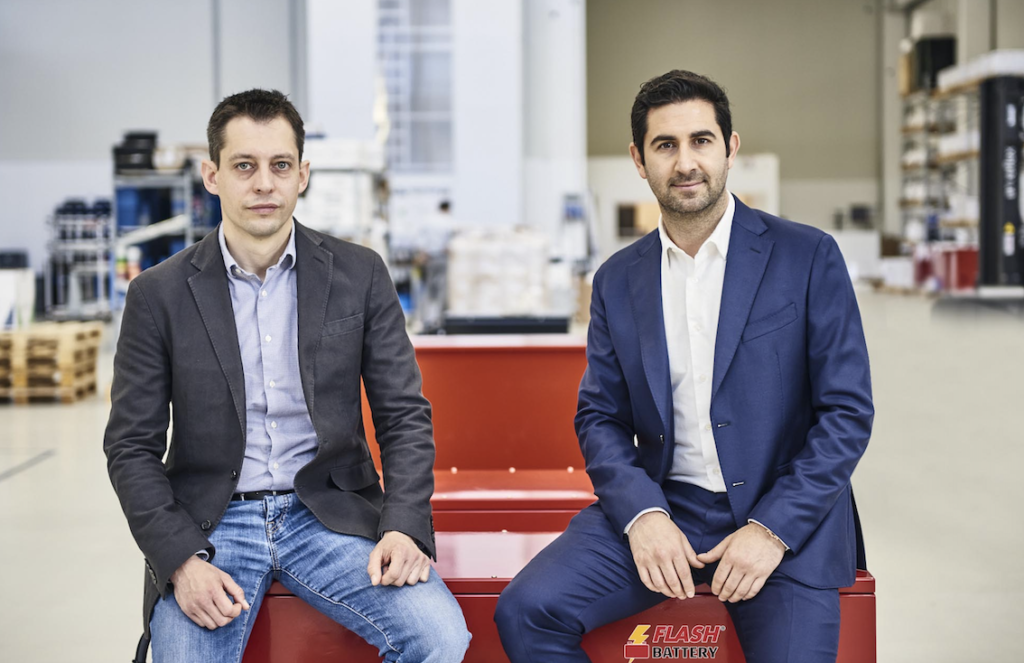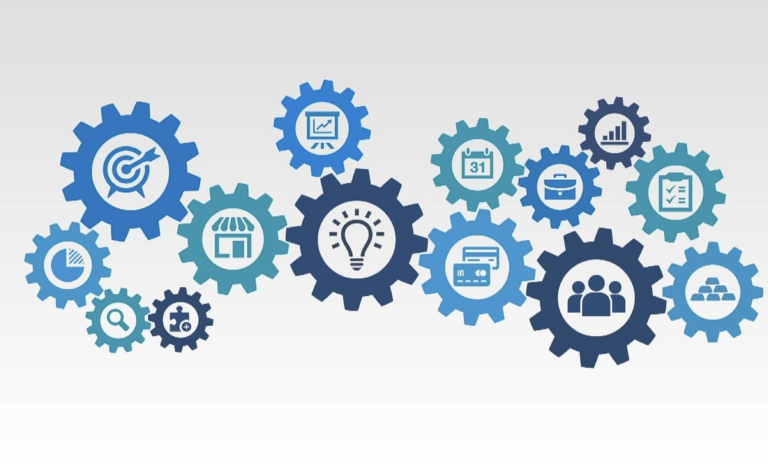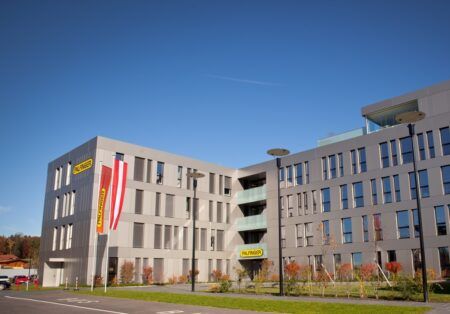Flash Battery’s revenues for 2021 amounted to 17.3 million Euros, up 25% on the previous year, meaning that the company has consolidated its leadership role in the production of lithium batteries for industrial machines and electric vehicles.
With 2020 having seen a 5% growth in revenues despite a slowdown in production in the first half of the year due to the Covid-19 pandemic, in 2021 the company, based in Emilia-Romagna, Italy, also registered a significant increase of 16% in new hires, bringing the total number of employees to 65, more than a third of whom are involved in R&D activities.
“2021 was a very important year for us,” says Marco Righi, CEO of Flash Battery. “While results include a significant increase of 25% in foreign revenues, what stands out above all is a series of factors that have enabled us to reinforce our development strategies on the domestic front, but also on international markets, where we are already present in 54 countries.”
 Above: CEO and founder Marco Righi (right) and CTO and co-founder Alan Pastorelli
Above: CEO and founder Marco Righi (right) and CTO and co-founder Alan Pastorelli
Among the elements underlined by Righi are the opening of the new headquarters (150 workstations, investment of 7.5 million Euros), significant investments in research, participation in major European Union electrification projects, and the forging of new commercial partnerships in several European countries characterised by the highest levels of dynamism in their approach to electric power conversion.
“Last year we joined BEPA (the Batteries European Partnership Association), an entity that brings together more than 170 industrial companies, universities and research institutes committed to attaining the goals set out at the end of 2020 by the European Commission in the context of the Horizon Europe Programme,” says Righ. “This grouping will pour more than 925 million Euros into research and innovation projects in the battery sector. At the same time, Flash Battery has established several prestigious partnerships with highly experienced powertrain system integrators active in the main markets.”
Primary among these are Atech in Germany, Efa France in France and Q-Tronic in Benelux. Along with Italy these three markets are fundamental to the progress of the industrial electric transition, especially considering that together they account for more than 80% of the entire European market for the electrification of industrial machinery and electric vehicles.





